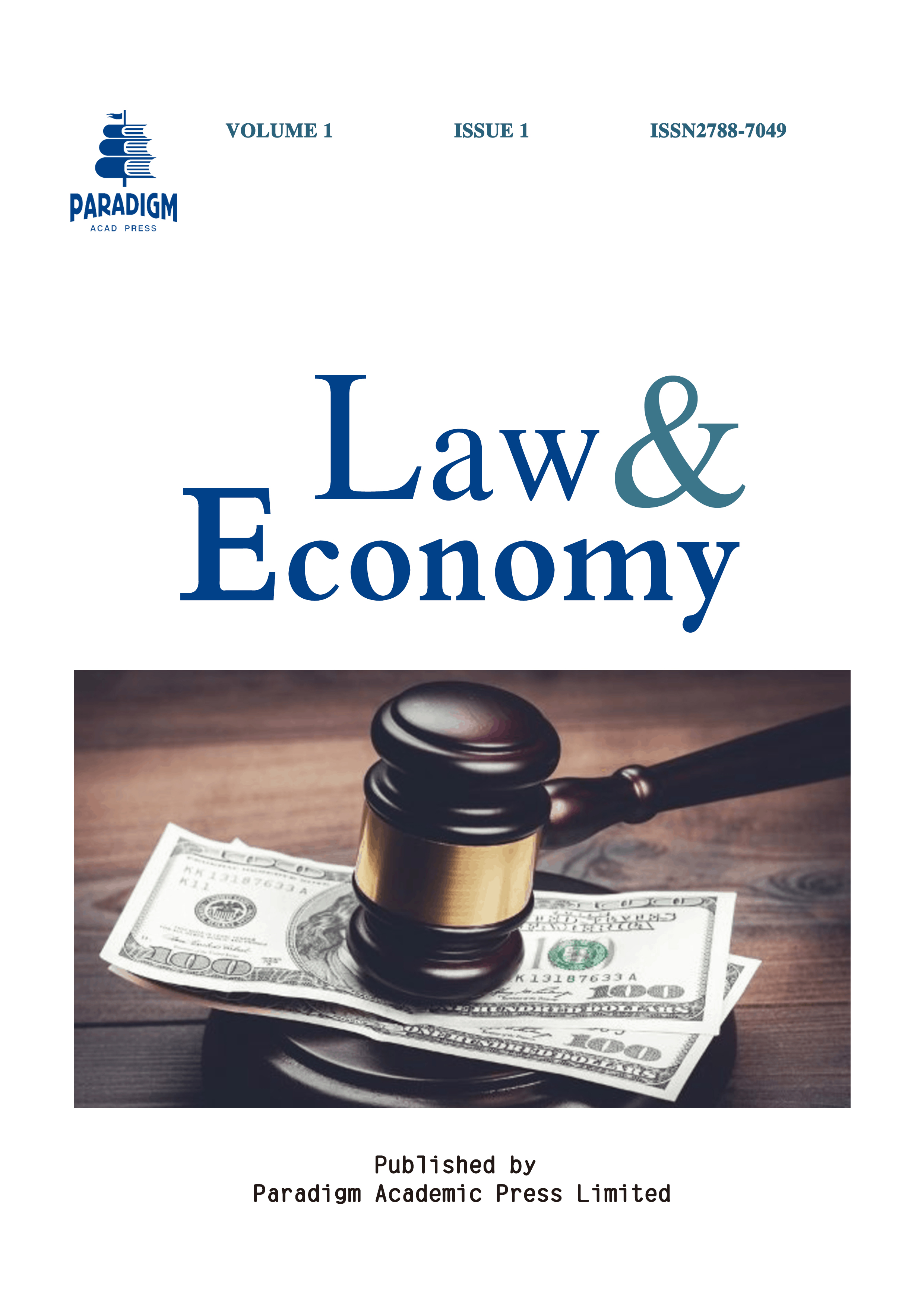Avre v. Nipost: A Roadmap to Fair Hearing Under the Nigerian Constitution
Keywords:
labour law, fair hearing, disciplinary action, dismissal from employmentAbstract
The sanctity of work dates back to the very creation of humanity and even has some divine origin too, so from time immemorial the human race had being destined to work and work well. Also, it has become an acceptable belief that there is dignity in labour and that work well done gives purpose to life. Obedience to constituted authority is another fundamental principle that is considered sacrosanct for any civilization to thrive. Consequent upon the foregoing, it is to be expected that shirking of work and disobedience to lawful order was bound to attract severe repercussions that exposes the offender to disciplinary actions and/or punishments. This case comment dissected the case of Avre v. NIPOST and appraised the penalty for insubordination as meted out on the appellant by the respondent and the position of the Nigerian courts with respect to abandoning official responsibilities without lawful excuse. It was ascertained that irrespective of the wide acceptance of diligence and dedication in the pursuit of official assignments as the hallmark of excellence, there were some who were hell-bent on enthroning mediocrity and shoddiness as acceptable practices, trying desperately to hide under technicalities like lack of fair hearing (where there was fair hearing) to mislead the court — a tactics the law clearly frowns at and the courts rightly discountenances. This work sought to even-out the responsibilities of employers and employees with the emphasis that the law will always be on the side of right, no matter whose ox is gored. The expectation to use the law as machinery to surreptitiously occasion injustice under the guise of being the under-dog was quickly discovered and justice decisively delivered accordingly. Indeed, he who comes to equity must come with clean hands.


